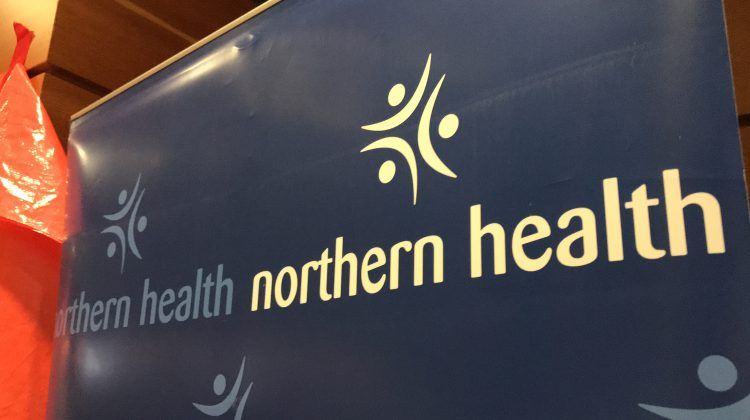In a concerning development for public health officials, Northern Health has confirmed multiple measles cases in northeastern British Columbia, marking the region’s first significant outbreak in several years. The cases, detected in Fort St. John and surrounding communities, have prompted an immediate response from health authorities who are now racing to contain the highly contagious virus.
“We’re implementing established protocols to limit transmission while conducting thorough contact tracing,” said Dr. Margaret Wilson, Northern Health’s Chief Medical Health Officer. “The measles virus is extraordinarily contagious, capable of spreading to up to 90% of non-immune individuals who come into contact with an infected person.”
The affected individuals reportedly had limited vaccination protection, highlighting ongoing challenges with immunization coverage in certain communities. This outbreak emerges against a backdrop of declining measles vaccination rates across parts of Canada, a trend public health experts at CO24 News have been monitoring with growing concern.
Measles presents initially with fever, cough, runny nose, and inflamed eyes, followed by the characteristic rash that typically begins on the face before spreading throughout the body. While many recover without complications, the disease can lead to serious health issues including pneumonia, encephalitis, and in rare cases, death.
Northern Health has established temporary vaccination clinics in affected communities and is urging anyone born after 1970 who hasn’t received two doses of the MMR (measles, mumps, rubella) vaccine to get immunized immediately. Health officials emphasize that the vaccine is not only highly effective but also critical for maintaining community protection.
“This outbreak serves as a stark reminder of what happens when vaccination rates fall below the threshold needed for herd immunity,” explained Dr. Robert Chen, epidemiologist with the BC Centre for Disease Control. “We’re particularly concerned about vulnerable populations including infants too young to be vaccinated and immunocompromised individuals who cannot receive live vaccines.”
Provincial data shows vaccination coverage for measles has dropped below 90% in some northern communities—well short of the 95% threshold experts consider necessary to prevent outbreaks. This mirrors broader Canadian health trends that have seen vaccination hesitancy increase in recent years.
The timing is particularly challenging as the region’s healthcare system continues managing seasonal respiratory illnesses. Northern Health officials confirm they’re coordinating with provincial health authorities to ensure adequate resources for both response and prevention efforts.
As investigation continues, residents are advised to check their immunization records and contact healthcare providers immediately if they suspect exposure or develop symptoms. Public health officials have also issued alerts to schools, daycares, and community centers in the affected region.
In an era where international travel has resumed pre-pandemic levels and vaccine hesitancy remains a persistent challenge, will this outbreak serve as the catalyst needed to reinvigorate immunization programs across northern communities, or does it signal a concerning new chapter in Canada’s public health challenges?


















